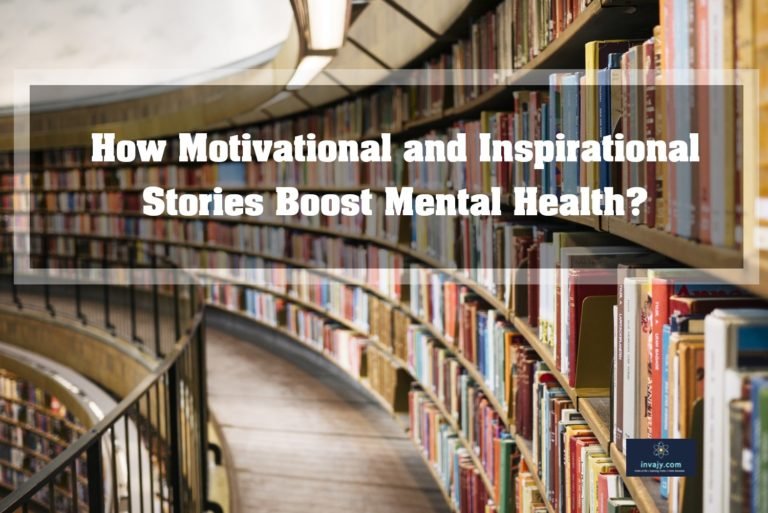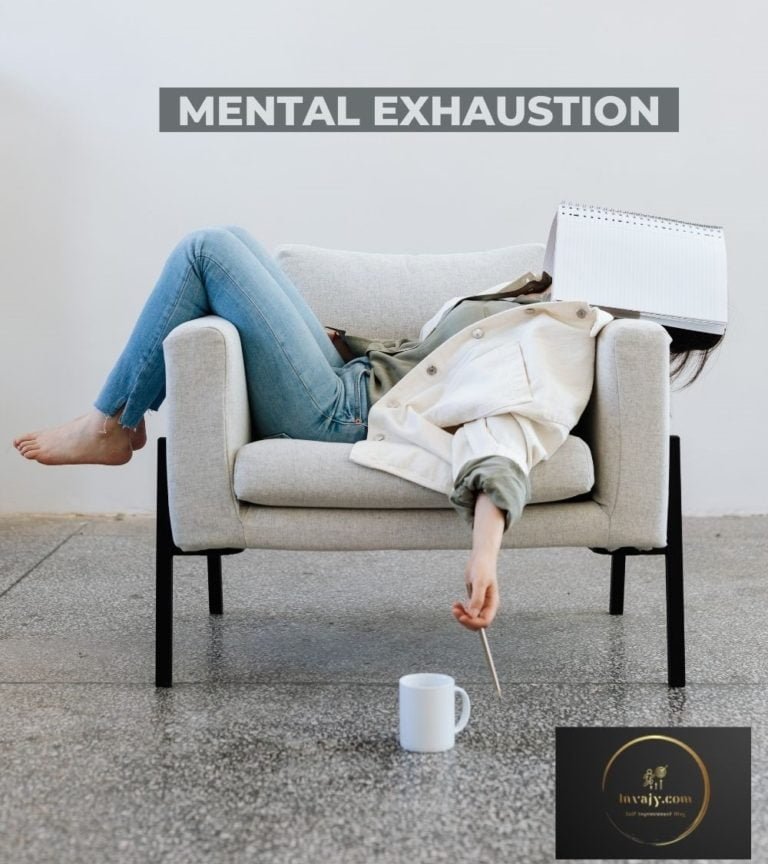8 Simple Ways for Managing Stress and Depression
Learn effective strategies for Managing Stress and Depression. Discover techniques such as meditation, exercise, and healthy lifestyle choices to alleviate symptoms and improve overall well-being.

How would you react when a submission is approaching or your automobile breaks down? Don’t disregard sensations of ongoing strain since any type of stress when become chronic, or severe, has a negative impact on your brain and psyche. Recognize what’s going on within your system and develop easy coping mechanisms to counteract the damaging effects of daily pressures. So, how to deal with stress?
Additionally, stress and depression might affect how you behave. Even while you are aware that getting enough sleep, eating well, and exercising would be beneficial, you might not be ready to. Stress may also cause you to become agitated and worn out, which makes it more difficult to interact with others or be successful at a job or school.
These thoughts, emotions, and actions can feed the vicious cycles of depression and anxiety. Although stress cannot be completely eliminated from our lives (it may even be beneficial in tiny amounts), we can acquire techniques to lessen and manage its worst effects more skillfully, developing resistance to help us deal with the challenges of life.
How to overcome stress and depression?
Here are some of the stress-reduction suggestions below which may assist you overcome stress and depression:

Exercise
Among the finest methods to unwind your mind and body is to exercise frequently. Additionally, exercising will lift your spirits. In order to be effective, you must do it frequently.
What amount of workout if you get each week?

Exercise for up to two hours & 30 min at a medium activity, such as brisk walking, or 75 mins at a higher intensity, such as swimming laps, running or playing other games.
Set realistic exercise objectives to ensure that you don’t quit. Above all, keep in mind that any activity is preferable to nothing at all.
Minimize alcohol and drugs, and eat healthful foods
While coffee, nicotine, or alcohol can momentarily reduce stress, they all have detrimental effects on health and could make it worse over time. Healthy breakfasts are an excellent place to start, followed by more organic produce and vegetables, fewer processed meals, less sugar, and much more fluids. Well-nourished individuals function more effectively.
Go Paperless
You can reduce a fair bit of the stress by going paperless. The decreased clutter, increased security, seamless access to data and other assets, all make for a more peaceful life. You can convert important paper documents, drivers license and doctors prescriptions etc. to digital files through pdf scanner app. This will help you to ease transfer of information, reduce the chaos of keeping paper documents, the fear of losing something important and eliminate time delays in searching.
Reduce screen and computer time
For several individuals, smartphones, laptops, and iPads are essential components of daily life.
Even while these gadgets are frequently useful, overusing them can lead to stress.

Numerous studies have connected high-stress levels and mental illness with excessive cellphone usage.
Generally, investing too many hours in sight of devices is linked to decreased mental well-being and higher levels of stress for both grownups and children.
Take up a hobby
Choose a weekly commitment for a pastime that you genuinely like. Choose a pastime that requires social interaction if at all possible. This will encourage you to interact with others, venture out into the environment, and carry out daily activities which could help you lessen the feelings of anxiety and depression. Anything from fifteen to twenty minutes would do. Among the activities that are relaxing are:
- Reading
- Knitting
- Creating a work of art
- Taking up golf
- Viewing a film
- Solve puzzles
- Chess
Use yoga, stress-reduction techniques, or meditation
The use of relaxation methods induces a level of calmness that regulates your body’s impulses of fight or flight. To acquire practical, long-lasting strategies, think about enrolling in the mindfulness-based anxiety-reducing course.

Become more aware
Try being there and taking deep breaths, paying great focus on your inhalation, and letting go of every past or future idea. It’s a straightforward method that you may use whenever you like and wherever, and it becomes better with practice.
Stay calm
Because of how hectic modernity is, sometimes all we must do is take it easy. Find little methods to achieve it by taking an honest glance at your circumstances. For instance:
- Aim your watch 5–10 minutes in advance. You’ll arrive at your destinations a bit early and spare yourself the anxiety of being overdue.
- To prevent aggressive driving, use the slow zone.
- Divide up large tasks into more manageable ones. For instance, if you aren’t required to, only respond to a handful of the Hundred emails that are sent to you.
Summing up
We all encounter stress since it’s a normal response to life’s uncertainty. But on occasion, it can spiral out of hand and grow into an enormous weight, causing depression to intensify and persist. Once you’re depressed, taking care of yourself includes managing high levels of stress.
While reducing stress won’t happen quickly, you can experience significant improvements by making little, enduring adjustments over time.
It’s a wise idea to speak with a therapist if you suspect that you’re depressed or that your level of anxiety has reached dangerous levels. They are experts who want to assist you.
It’s essential to get professional assistance if your capacity to make beneficial changes is overwhelmed by negative ideas. Schedule a consultation right away if you really need help.







Nice informative article. Nowadays, stress become a common problem that affects many working professionals. Thanks for sharing this article.